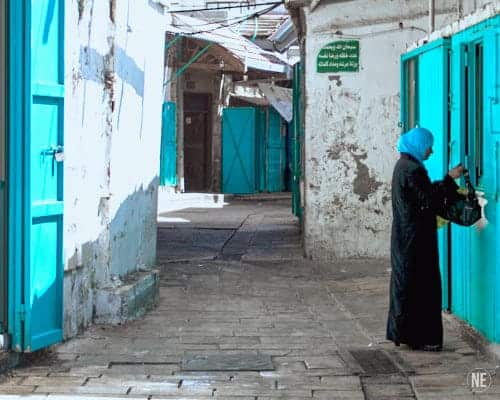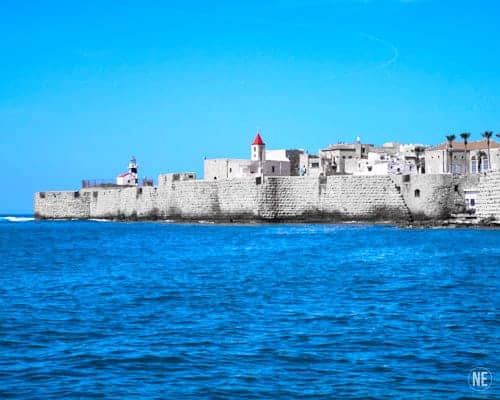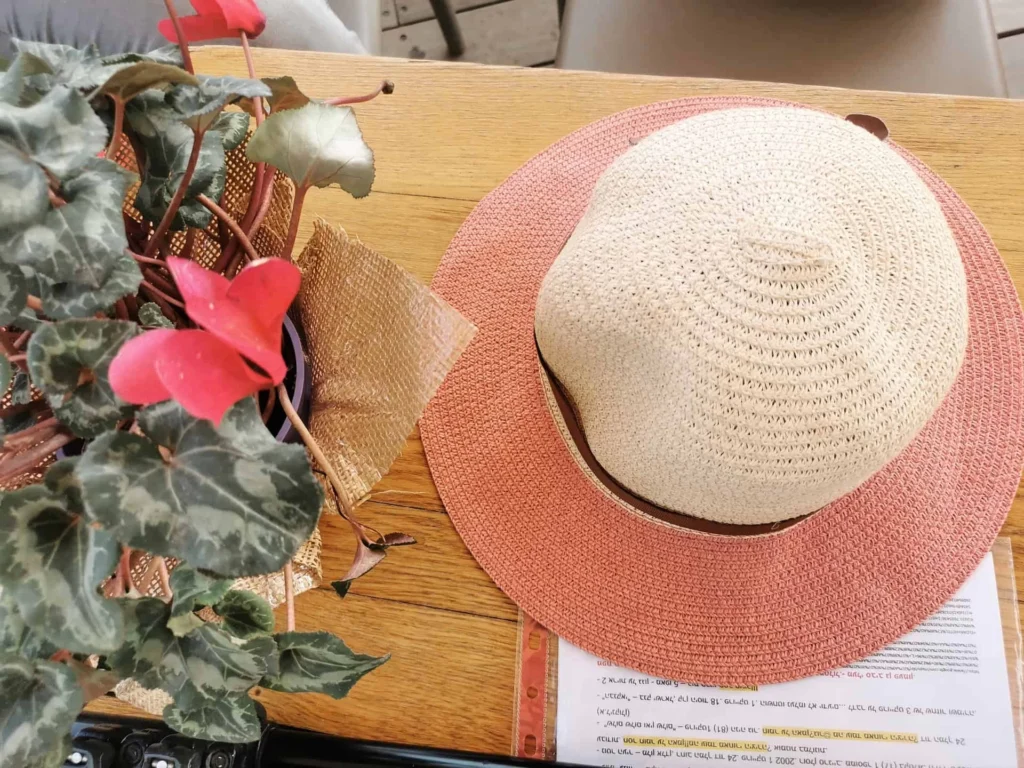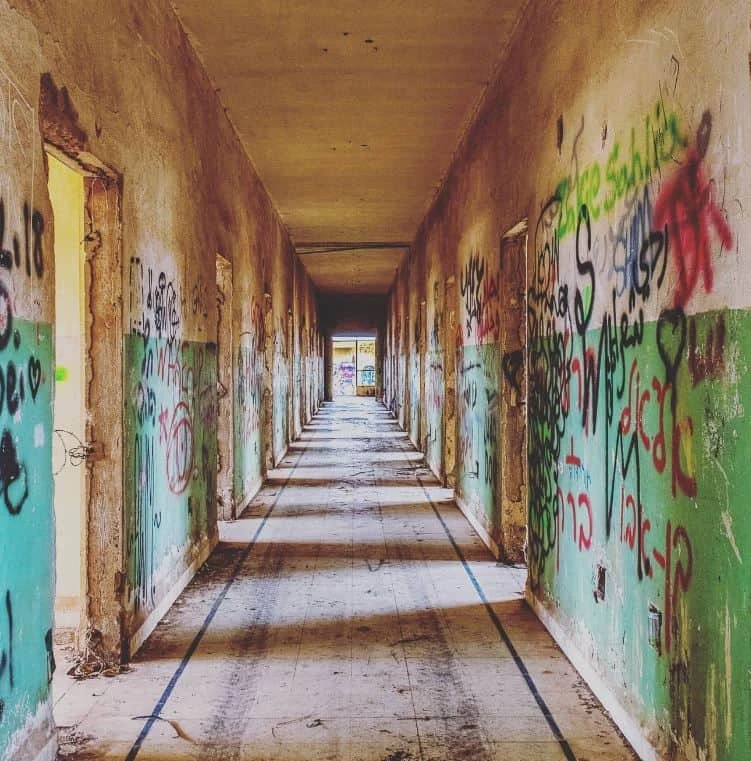Welcome to Acre, the Ancient City of Religious Equality. A tour will take you to sites belonging to four different religions.
In 2001, UNESCO honored Acre with the title of World Heritage City, recognizing its rich history, the fusion of Eastern and Western influences, and the remarkable coexistence of various religions amidst remnants of diverse cultures. Situated on the northern coast of Israel next to the Mediterranean Sea, Acre stands as a beacon of religious diversity, with Muslims, Jews, Christians, Bahá’ís, and even Druze living side by side.
I invite you to explore four main sites, each representing a different religion, offering a fascinating glimpse into the city’s religious diversity.
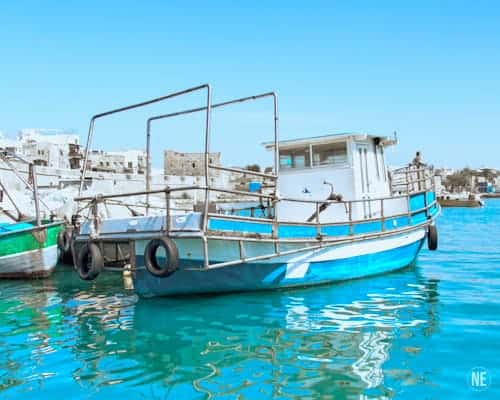
Al-zajar Mosque
Legend or truth, inside this mosque, lies a remarkable treasure: a small box said to contain a strand of hair from the Prophet Muhammad’s beard. During the holy night of Al-Qadr, celebrated on the 27th day of Ramadan, this precious relic is unveiled to visitors, adding to the sanctity of the occasion.
Named after Ahmad Basha al-Jazar, the Ottoman governor of the city in the 18th century (1777-1804), Al-Jazar Mosque also serves as his final resting place alongside his adopted son and successor, Suleiman.
The mosque complex is extensive, featuring a school known as a “Madras.”
Built upon the remnants of a Crusader church, the mosque earned its moniker “the White Mosque” due to its gleaming white exterior. Drawing inspiration from the grand architecture of the Turkish Mosque Hagia Sophia, the mosque’s floating dome leaves visitors in awe of its magnificence
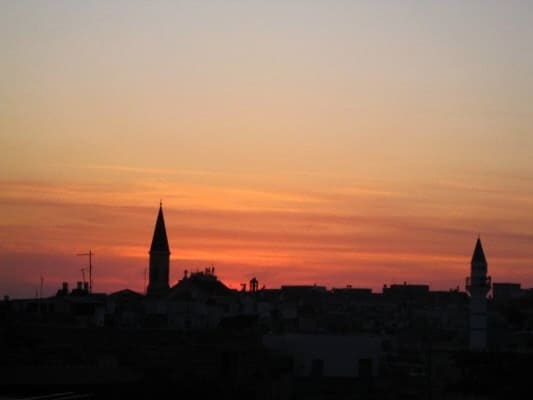
The Tunisian Synagogue (“Or Hatorah”)
The Or HaTorah synagogue is known for its colorful mosaics, both inside and out, created by artists from the Kibbutz Ayalon mosaic plant.
These mosaics tell stories from the Bible, Jewish history, and the State of Israel. They also honor the IDF and remember the Holocaust.
The synagogue is like a small museum filled with interesting details. For example, outside, there are five arches representing the five books of the Bible. Inside, the dome shows the zodiac sign and the 12 tribes of Israel. Below, you’ll see sacred Jewish places like the Western Wall and Rachel’s Tomb.
The Knight Hall
This place isn’t just any ancient spot in Israel—it’s a peek into a massive Crusader fortress. Found by accident under Acre’s prison, it’s like stepping into a Hollywood movie. Inside, you’ll find where knights slept, a church, a grand dining room, and even remnants of their dishes and weapons.
For a truly immersive experience, sign up for a knight’s dinner. You’ll eat like a real knight (with your hands!) and watch a show with battles on horseback. And when you’re ready to leave, don’t miss the secret canal the knights once used to escape.
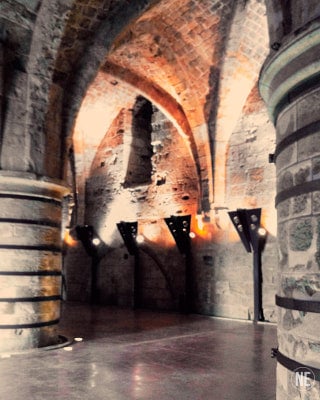
The Bahai Gardens in Acre (Mansion of Bahji)
Acre holds profound significance for Bahá’í faith believers due to the presence of Bahá’u’lláh’s tomb and the surrounding Bahá’í gardens, known as Bahji Gardens. While these sites are primarily accessible to Bahá’í pilgrims and individuals with specific permissions, learning about them can be fascinating.
The Bahá’í Faith originated in the 19th century within the Shi’a branch of Islam in Persia. Its founder, Bahá’u’lláh, hailed from a Shi’a Muslim family. Sunni Islam, the giant branch of Islam, emphasizes consensus-based leadership and follows the teachings of the Qur’an and Sunnah. At the same time, Shi’a Islam believes in leadership from Muhammad’s family, known as the Imams.
The Bahá’í faith emerged when a disciple of the Shi’a faith, Ali Shirazi, known as “The Bab,” proclaimed himself a divine messenger in 1884. He faced opposition from Islamic leaders and was eventually executed in 1850. One of his disciples, Mirza Hussein Ali, or Bahaullah, declared himself the successor of The Bab and continued his teachings.
Bahaullah faced persecution and imprisonment for his beliefs. He was placed under house arrest in Acre for two years, during which he formulated the principles of the Bahá’í religion. Bahaullah preached pacifism and called for world peace, gender equality, and unity among humanity.
After his passing in 1892, Bahaullah’s tomb in Acre became a sacred site for Bahá’í believers. They consider it the holiest place and pray in its direction. Bahaullah’s teachings continue to guide Bahá’í followers worldwide, emphasizing harmony and spiritual unity.
I suggest continuing your journey from Acre to a visit in the stunning Bahá’í Gardens in Haifa. Here, you can behold the breathtaking terraces and the majestic Bahá’í Temple.
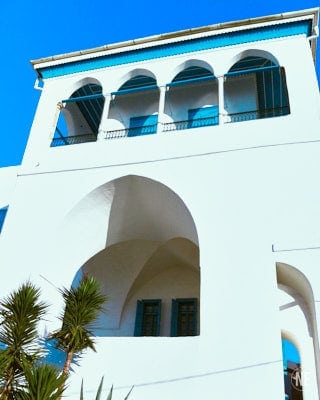
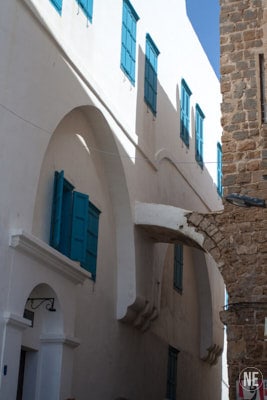
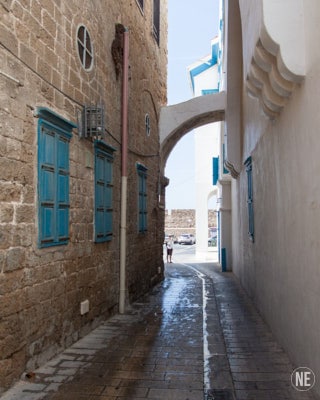
Opening hours and contact:
Muslim Elzajar Mosque
The entrance fees for the mosque is only 10 Nis
Opening hours: Please coordinate.
Phone number: 04-9913039
Tunisian Synagogue (“Or Hatorah”)
Open Sun-Fri 09:30-12:30
Any visit should be coordinated with Yaffa 050-6822781, 04-9915979
Entrance is free of charge, please leave a donation
Knight Hall
Open Sun-Thu 08:30-17:00, Fri 08:30-14:00, Sat 09:00-17:00
You can buy a ticket to the museum only or a combined ticket includes other niche sites such as the temples tunnel.
Bahai Gardens in Acre
Opening hours Sun-Wed 09:00-16:00, on Thu-Sat 09:00-14:00
Please coordinate guided tour 04-8313131
The city walls, fortresses, churches, mosques, synagogues, and other buildings in Acre tell the story of many rulers who ruled, fought, built, and glorified it. The acre is a beautiful city to explore. It has many remains from the Ottoman period, including khans, mosques, and Turkish baths, as well as from the Crusader period, including beautiful underground structures. Today, the diversity of religious living side by side marks this place as worth a visit. Contact me for a guided tour in Acre to get familiar with this beautiful city.
